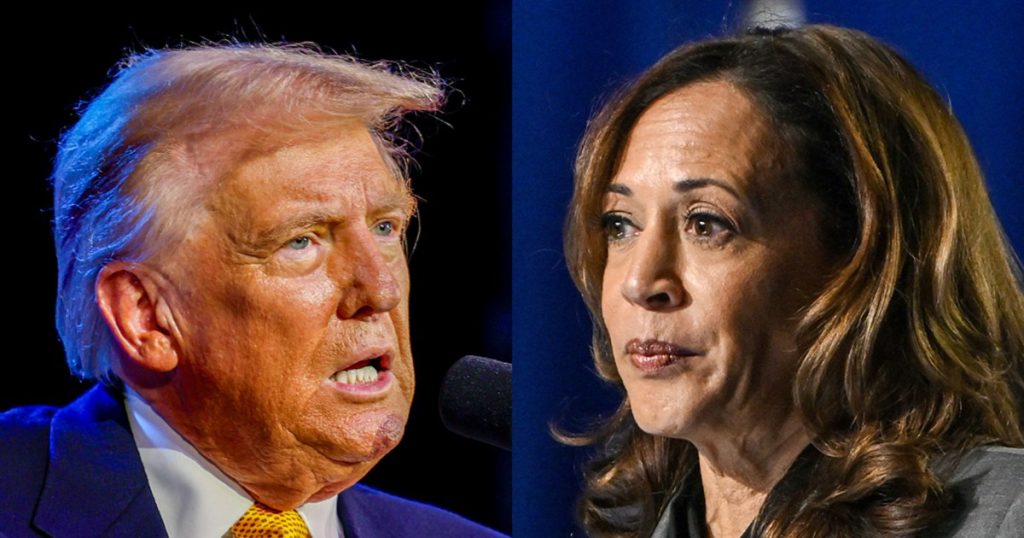The upcoming U.S. election poses significant implications for various sectors, including airlines, banks, electric vehicles, healthcare, media, and tech giants. The Trump administration, if re-elected, is expected to continue policies such as slashing the corporate tax rate and imposing tariffs on Chinese goods. On the other hand, a Harris administration is likely to focus on hiking the tax rate on corporations and continuing the war on “junk fees.” The outcome of the election will determine the rules, mergers, and taxes these sectors will face.
In the airlines industry, a Harris administration is expected to focus on consumer protections and fight against industry consolidation. This could lead to a more challenging environment for mergers. On the other hand, under Trump, airlines may see a more favorable environment for mergers. On the aerospace side, companies like Boeing could face challenges with additional tariffs and higher production costs if Trump is re-elected. However, the industry is seeking stability, regardless of the election outcome.
Big banks are facing significant regulatory changes under the Biden administration, with new rules affecting their revenue streams. A Trump administration is likely to roll back these regulations, providing relief for bank CEOs and consultants. However, there is uncertainty about the impact of a potential Vice President JD Vance, who has criticized Wall Street banks and proposed capping credit card interest rates. Harris is not automatically expected to pursue more progressive policies.
The electric vehicles sector is witnessing polarization between Democrats and Republicans, with potential changes in regulations and incentives depending on the election outcome. Republicans like Trump have condemned EVs, while Democrats support them and provide incentives. Under Harris, the industry can expect a continuation of Biden’s EV policies. However, Harris has not shown strong support for EV mandates. The outcome of the election will determine the path for mandates and incentives for EVs.
In the healthcare sector, both Harris and Trump have called for changes to the costly U.S. healthcare system. Efforts to lower prescription drug prices and implement reforms are expected under both administrations. Harris plans to expand certain provisions of the Inflation Reduction Act to lower healthcare costs for seniors and all Americans. Meanwhile, Trump’s efforts to lower drug prices have faced challenges, and his stance on repealing the Affordable Care Act remains unclear.
Media executives are closely watching the regulatory environment for mergers under different administrations. The Biden administration has been seen as chilling deal-making, but it’s unclear how this could change under a Trump or Harris administration. Tech investments and acquisitions are also at stake, with concerns about AI regulations and dealmaking. Harris is focusing on balancing public protection and innovation, while Trump may repeal certain executive orders related to AI. The fate of tech mergers and investments will depend on the outcome of the election.
In the restaurant industry, Trump and Harris both support plans to end taxes on restaurant workers’ tips, with differences in how they would implement these changes. Trump’s approach may have loopholes for high earners, while Harris aims to exempt workers making $75,000 or less from paying income tax on tips. Harris also plans to eliminate the tip credit, aiming for fairer wages for tipped workers. The outcome of the election will determine the impact of these proposals on the food service industry.


